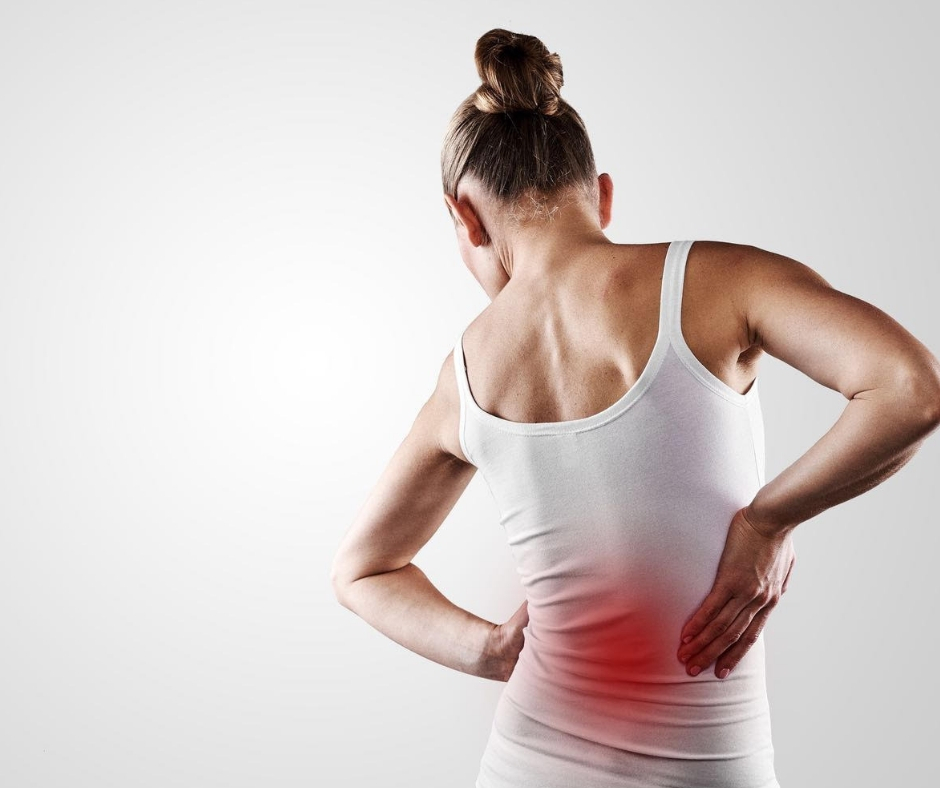Seeking help for back pain can be a daunting prospect; whether you’re a long-term sufferer or it’s a relatively new experience for you. It’s likely that your first port of call will be your GP, or if you’ve seen a specialist in the past perhaps your first thought is a local osteopath or chiropractor, but how do you know when your back pain has become a medical emergency?
The spinal cord carries nerves that affect everything from motor impulses from the brain to muscles, to sensory information from every part of the body to the brain. The spinal cord is protected by the vertebrae and discs in our spine to prevent direct injury to the cord, but if injury does occur – whether over time or as a sudden trauma – this can begin to affect vital bodily functions and can be classified in certain circumstances as a medical emergency.
Symptoms of Cauda Equina
One of the most life-altering conditions that can affect the spine is called Cauda Equina Syndrome. Although rare, it’s worth bearing in mind the signs and symptoms if yourself or a loved one is suffering with back pain. The cauda equina begins in the lumbar spine, it’s a collection of around ten nerve roots that extend like a horse’s tail from the lower back into the sacrum, and down the back of both legs. These nerve roots are responsible for controlling signals to-and-from the lower portion of the body, but also controls bowel and bladder function. Cauda equina syndrome can come on very suddenly, with symptoms appearing over the course of 24 hours, or it can come on gradually over the course of a few weeks or even months.
The most common symptoms include loss of bladder or bowel control (this can be in the form of incontinence or constipation), severe or recurring low-back pain, muscle weakness or numbness in the legs or feet – consistent with loss of sensation or motor deficits in the lower limbs. You may also experience altered sensations in what is called the ‘saddle’ region – this is the area of the body that would be in contact with a saddle when sitting on a horse – you may experience neurological symptoms including weakness or tingling in the groin area and upper thighs. Sharp, stabbing pains are also common with compression on the cauda equina and can be characterised by sciatic pain down the back of both thighs or extending down into the calves and feet.
If you believe you’re suffering with any of these symptoms, this would constitute a medical emergency and your first port of call should be your local Accident and Emergency (A&E) department. Cauda equina requires surgical intervention – left untreated it can result in permanent nerve damage, causing paralysis, permanent bladder or bowel dysfunction or difficulty walking.
What causes cauda equina?
So now we know what Cauda Equina Syndrome is, how exactly does it occur? Most commonly, it occurs as a result of a herniated disc. Although most cases of herniated discs will not touch the cauda equina, this is the most common way that it becomes impinged. It can also occur as a result of spinal stenosis in the lumbar spine, inflammatory conditions such as bony growths (bone spurs) in the lumbar spine, or as a result of an abscess that grows in the spine (usually as a result of post-surgical infection).

Very Sudden, Severe Back Pain
Most of the time, if you’re suffering with back pain it can refer pain or changes in sensation to other areas of the body such as the arms or legs – but a spinal dysfunction will rarely refer pain into the abdomen. If you’ve not suffered with back pain before, or perhaps you’ve only ever suffered with the odd ache or pain, and you’re all of a sudden experiencing an onset of severe lower back pain without any just cause (for example a recent trauma), you may have a medical condition in the abdomen that is referring pain into the lower back. Conditions such as an abdominal aortic aneurysm, can cause such severe pain that it can cause a patient to be doubled over in pain. So if you’re suffering with very severe pain without any indication of what could have caused it, it’s definitely worth getting checked out as a matter of urgency.
Knowing when to seek medical help can be daunting if you’re suffering with back pain, but above all knowing yourself and trusting your instincts can be life-saving in an emergency situation. If you’re based in London and you’re suffering from severe back pain that you’re not sure could be an emergency, we can help to point you in the right direction. If you’re not based in London we can still help if you’re not sure what to do.
To discuss your case with one of our expert members of the team, call us on 0203 947 3222 or email us at info@themayfairclinic.com. If you’d like to come in for a comprehensive examination, we include x-ray imaging if you need it, a diagnosis of your condition along with your first treatment, all included in your first session. So if you’re in need of answers as to what’s causing you pain, whether that’s in the back, neck or shoulders, contact us today to book your first session.
Contact Us.
Email Us
info@themayfairclinic.com
Call Us
0203 947 32 22
Clinic Address
4 Cavendish Square, London, W1g 0PG.